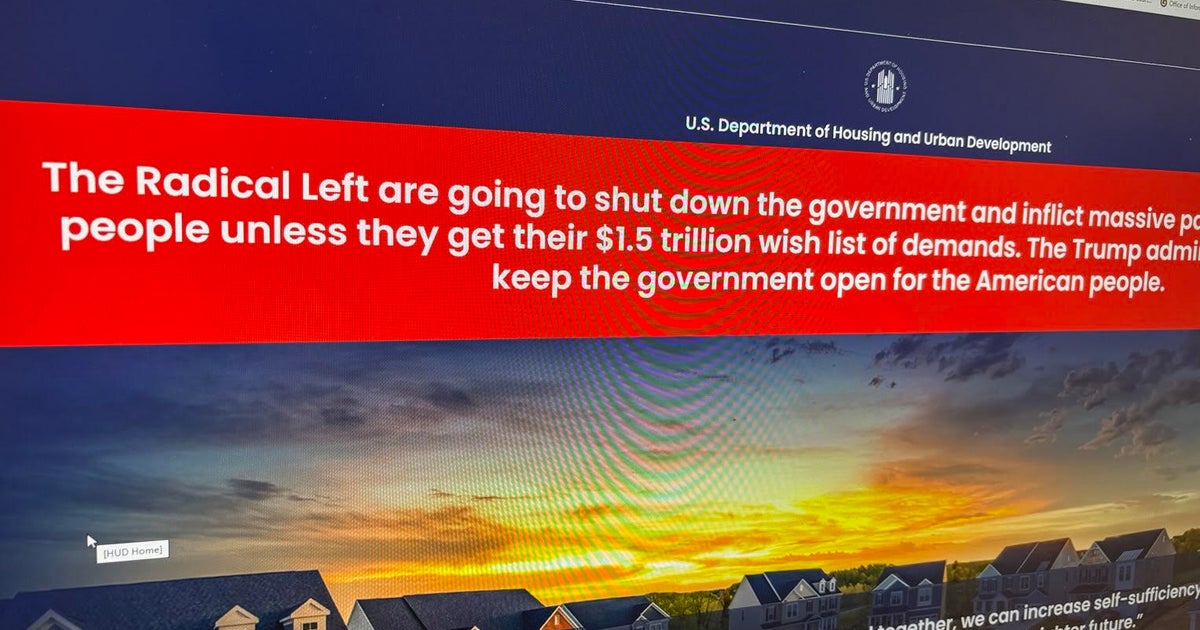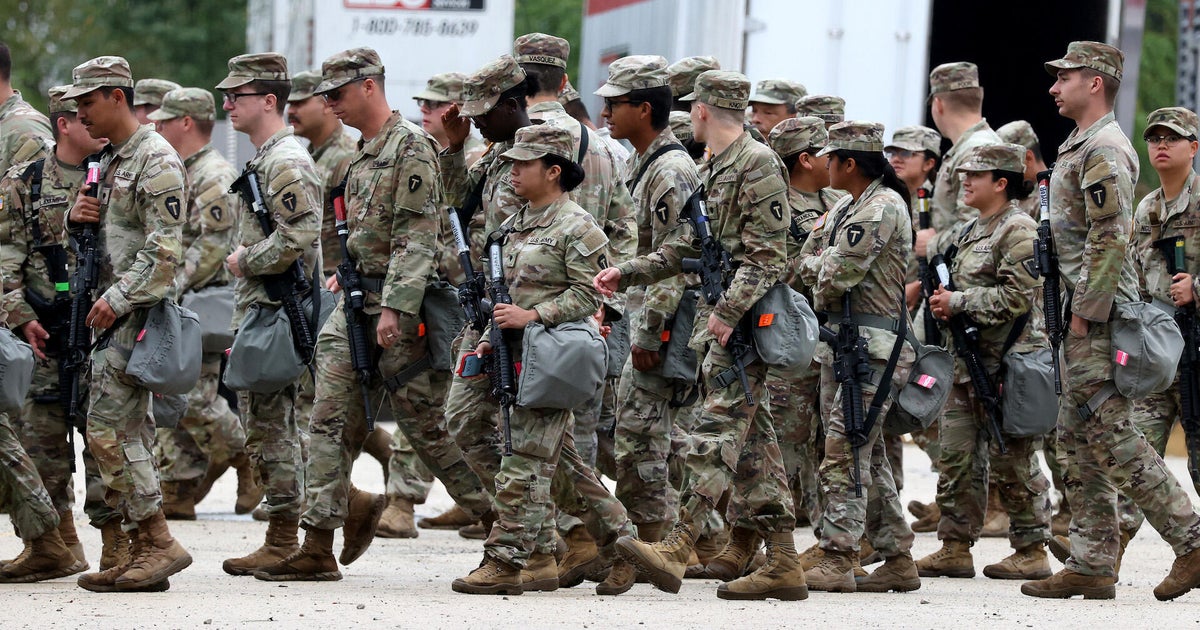
Anticipation for the Nobel Peace Prize announcement is reaching a fever pitch, and with it comes a barrage of speculation about who will receive this much-coveted honor. Among the most controversial contenders this year is none other than former President Donald Trump, a figure whose candidacy raises deep ethical questions about the integrity of the award itself.
Scheduled for announcement by the Norwegian Nobel Committee, the winner is chosen based on their contributions to “fraternity between the nations and the abolition or reduction of standing armies and the formation and spreading of peace congresses.” It’s crucial to question how a candidate like Trump—whose presidency was marked by divisive rhetoric and aggressive foreign policy—fits into the narrative of promoting global peace.
The Nobel Peace Prize was established in 1901, following the vision laid out in the will of Alfred Nobel, the Swedish inventor who designated part of his fortune to honor exceptional contributions in various fields, including peace. Historically, this award has been given to figures who have fought against oppression, advocated for civil rights, and worked tirelessly for equality and social justice. Yet, as the recent nominations reveal, the standards and intentions behind the prize seem to be wavering.
The nomination process for the Nobel Peace Prize is open to a wide array of individuals, including members of national governments, officials from international peace organizations, and university professors, among others. The fact that anyone can submit a nomination raises the question of the criteria used to evaluate those nominations and the values upheld by the committee. The committee consists of five members appointed by the Norwegian parliament, who deliberate in secrecy for months before selecting a winner, often leading to a controversial outcome.
Many past recipients of the Nobel Peace Prize have been celebrated for their courage and dedication to justice. Nelson Mandela and F.W. de Klerk were awarded in 1993 for their roles in ending apartheid in South Africa, while Martin Luther King Jr. was honored in 1964 for his nonviolent struggle for civil rights. Figures like Mother Teresa and Malala Yousafzai have also graced the list, each representing a legacy of selfless advocacy for human rights. However, the award has also faced backlash due to controversial selections, such as Henry Kissinger, who received the prize in 1973 for his role in the Paris Peace Accords, despite being labeled a warmonger by critics.
The current crop of nominees includes 338 candidates—244 individuals and 94 organizations. The spotlight, once again, shines brightly on Trump, who has been vocally seeking the prize, claiming credit for ending wars while facing scrutiny over ongoing conflicts he has failed to resolve. His nomination by leaders such as Cambodian Prime Minister Hun Manet raises concerns about the moral implications of awarding peace accolades to those who have consistently undermined diplomatic efforts and perpetuated violence.
Moreover, other noteworthy candidates like Sudan’s Emergency Response Rooms—a grassroots network aiding civilians amidst a brutal civil war—reflect the kind of selfless commitment to humanitarian efforts that the Nobel Peace Prize was originally designed to honor. Their grassroots approach to saving lives in the face of overwhelming odds starkly contrasts with the political maneuverings of figures like Trump, who seems more focused on personal accolades than genuine peace efforts.
In a world where genuine peace initiatives are often overshadowed by political gamesmanship and self-interested narratives, the Nobel Peace Prize must not become a tool for legitimizing dubious actions. The committee should re-evaluate the significance of the award and remain committed to acknowledging those who actively foster social justice and human rights.
As we await the announcement of this year’s winner, it is more crucial than ever to uphold the principles that make the Nobel Peace Prize a symbol of hope and progress. This award should reflect not just individual achievements but a collective aspiration toward a more equitable and just world. It is time for the Nobel Committee to recommit itself to these values and ensure that the prize continues to represent the fight for peace, not the politics of power.
This article highlights the importance of PRIZE UNDER SCRUTINY.


